 Marleen mainly publishes investigative stories in the Flemish weekly news magazine Knack. She does a lot of research on health and well-being. She was the first journalist in Belgium that used the freedom of information act, and she went with the Flemish Association of Journalists (VVJ) to the Council of State in a case dealing with the financing of tobacco prevention campaigns by the tobacco industry. As a result of FOI files she together with colleagues succeeded to dig up the European agricultural subsidies on a federal and Flemish level.
Marleen mainly publishes investigative stories in the Flemish weekly news magazine Knack. She does a lot of research on health and well-being. She was the first journalist in Belgium that used the freedom of information act, and she went with the Flemish Association of Journalists (VVJ) to the Council of State in a case dealing with the financing of tobacco prevention campaigns by the tobacco industry. As a result of FOI files she together with colleagues succeeded to dig up the European agricultural subsidies on a federal and Flemish level.
For several years she consequently researched the possible toxic impact of warfare on soldiers and civilians. She wrote a book on the subject ‘Met stille trom’, which has been translated into French, ‘Armes sales, guerre propre?’. Other research projects dealt with investments in the porn industry by top businessmen, sexual abuse by professionals and muslim women in Brussels fighting for their own identity.
With the asbestos research she did in 2006-2007, together with Nico Krols, she won two prices for to outstanding journalism: the Dexia Price 2007 (Belgium) and the VVOJ price 2007 (Dutch-Flemish). The asbestos research ultimately resulted in the publication of ‘The Dirty Legacy of Asbestos’ that appeared internationally in ‘Le Monde Diplomatique’ and has been translated in more than 27 languages.
Links:
Video VVOJ price 2007
IRENE
Knack
http://www.wobsite.be/index.php?page=657






